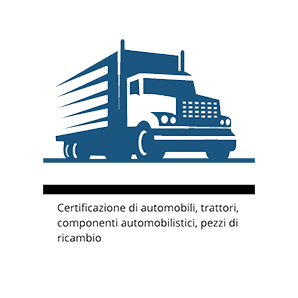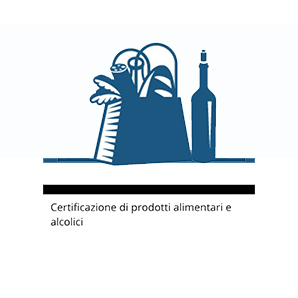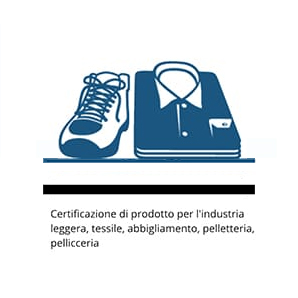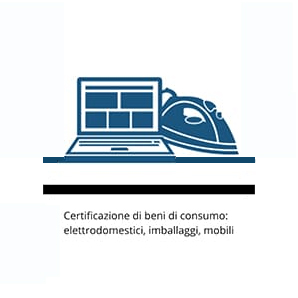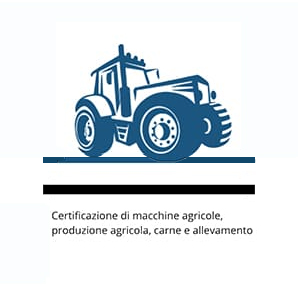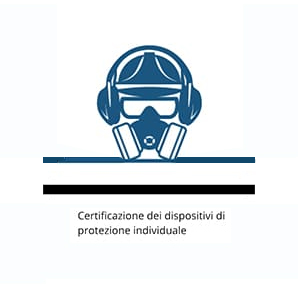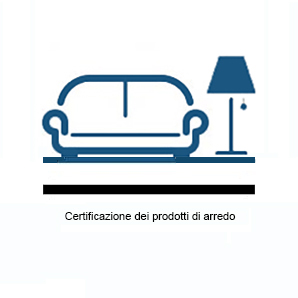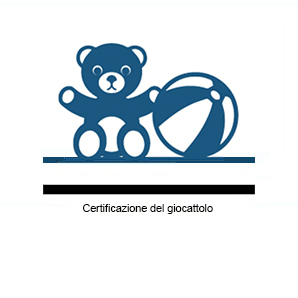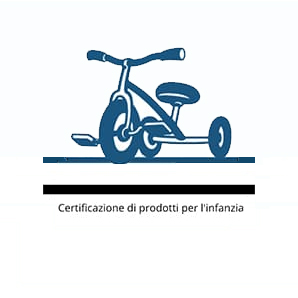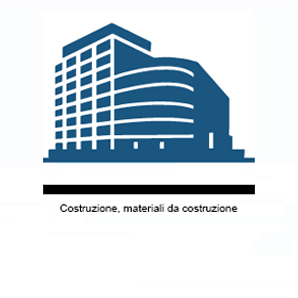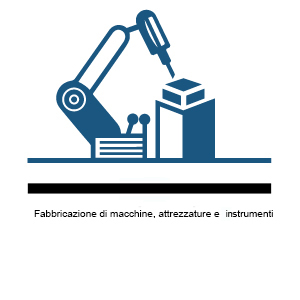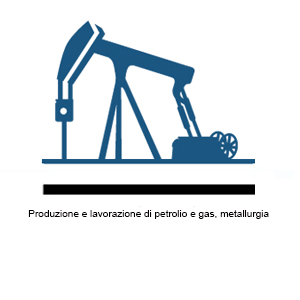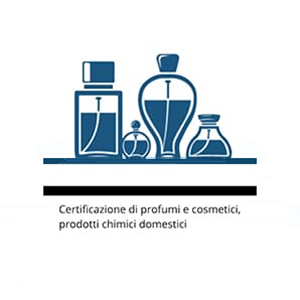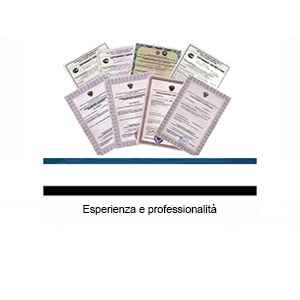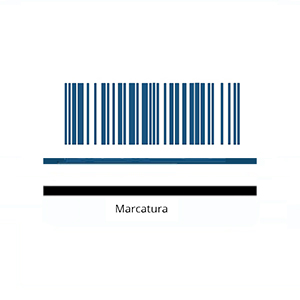How to get technical specifications
A technical specification (TU) is a technical document that establishes the requirements that a product, product, material, product, service or a whole group of similar products must meet
Standards of organizations (STO) - a document developed for the products used in this organization, the processes and services provided therein, as well as for the products created and supplied by this organization to internal and external markets, for the work done by this organization on the side, and provided you on the side of the service in accordance with the agreements (contracts) conclud
The organization itself has the right to establish requirements for the quality and safety of products in the technical conditions, standards of the organization, which do not contradict the requirements of the legislatio
That is, if a manufacturing organization wishes to produce products that differ from the requirements of state standards (GOST) or products for which there are no standards, it must develop a technical specification or a service stati
The technical conditions for the manufacturer become a document in which the requirements are formulated, according to which the production process is set: starting from the creation of the original layout and ending with the delivery of finished products to customers. They define the obligations of the producer towards the consumer in the context of compliance with the quality level of the product, which must not be lower than that specified in the technical specifications.
Also in the Technical Conditions, it is formulated by which rules the acceptance of the goods is carried out and what are the methods of controlling the quality of the products, in order to prevent disagreements on the quality level between the consumer and the producer of the product. (The TU can be developed for both 1 product and for several materials, substances, produced at the same time (including batch production). At the same time, they must not contradict the mandatory standards that apply to this product. Those requirements that are formulated in the TU, must not be less than the technical characteristics and indicators for the corresponding groups of goods for which GOST exists)
The development of technical specifications (TU) is carried out in accordance with established standards. For a group of non-food products according to GOST 2.114-95 'Unified system for design documentation. Specifications', for food products according to GOST R 51740-2001 'Specifications for food products. General requirements for development and design'.
The development of organizational standards (STO) is carried out taking into account the requirements of GOST R 1.5-2012 'Standardization in the Russian Federation. National standards. Rules for construction, presentation, design and designation'.
The TU should contain both an introductory part and mandatory sections that are defined in the reference standards:
Technical requirements of the product, for the main qualities and characteristics of the product;
Requirements for the quality of materials and raw materials;
Packaging brand;
Requirements for compliance with environmental protection standards;
Security requirements;
Norms and rules for the acceptance of goods;
Quality control methods and methods, as well as goods testing;
Conditions of storage and transport of goods;
Instructions for the operation and use of the goods;
Warranties provided by the manufacturer.
The need to develop technical conditions appears when a manufacturer, for some reason, begins to produce products that do not meet national standards or completely new products on the Russian market for which there are no national standards and norms.
Both the manufacturer and an involved third party organization can develop technical specifications.
For the development of the technical specifications, a certain set of documents should be submitted, including:
company data (reported in the title page of the Specifications);
a list of products in the assortment;
a description of the entire manufacturing or assembly process of the products;
recipe (for the food industry).
The development period of the technical specifications largely depends on the level of complexity of the product itself. This is especially true for industries (construction, food, chemicals).
TU registration
Registration of technical specifications is currently not a mandatory procedure. Before the adoption of the federal law 'On standardization', the technical conditions were subject to mandatory registration of the TU (according to GOST 2.114). The mandatory state registration of the TU has been canceled since 1995. This is currently a voluntary procedure.
Technical conditions for food products (according to GOST R 51740-2001) are subject to mandatory registration. The registration of the technical specifications is also mandatory for the products



